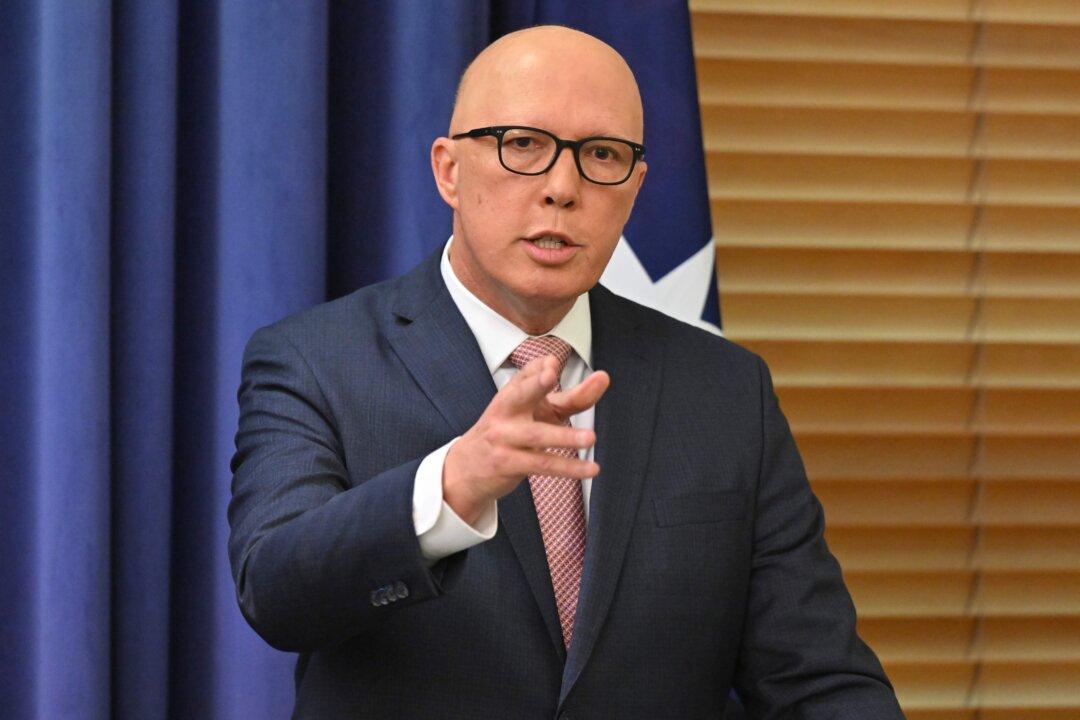Opposition Leader Peter Dutton has urged the Labor government to add more gas to Australia’s power grid to reduce energy bills for households and businesses.
This comes after The Australian Energy Regulator (AER) released the new default market offer, which caps the maximum rate energy retailers can charge residential and small business customers in New South Wales (NSW), South Australia and Southeast Queensland.





